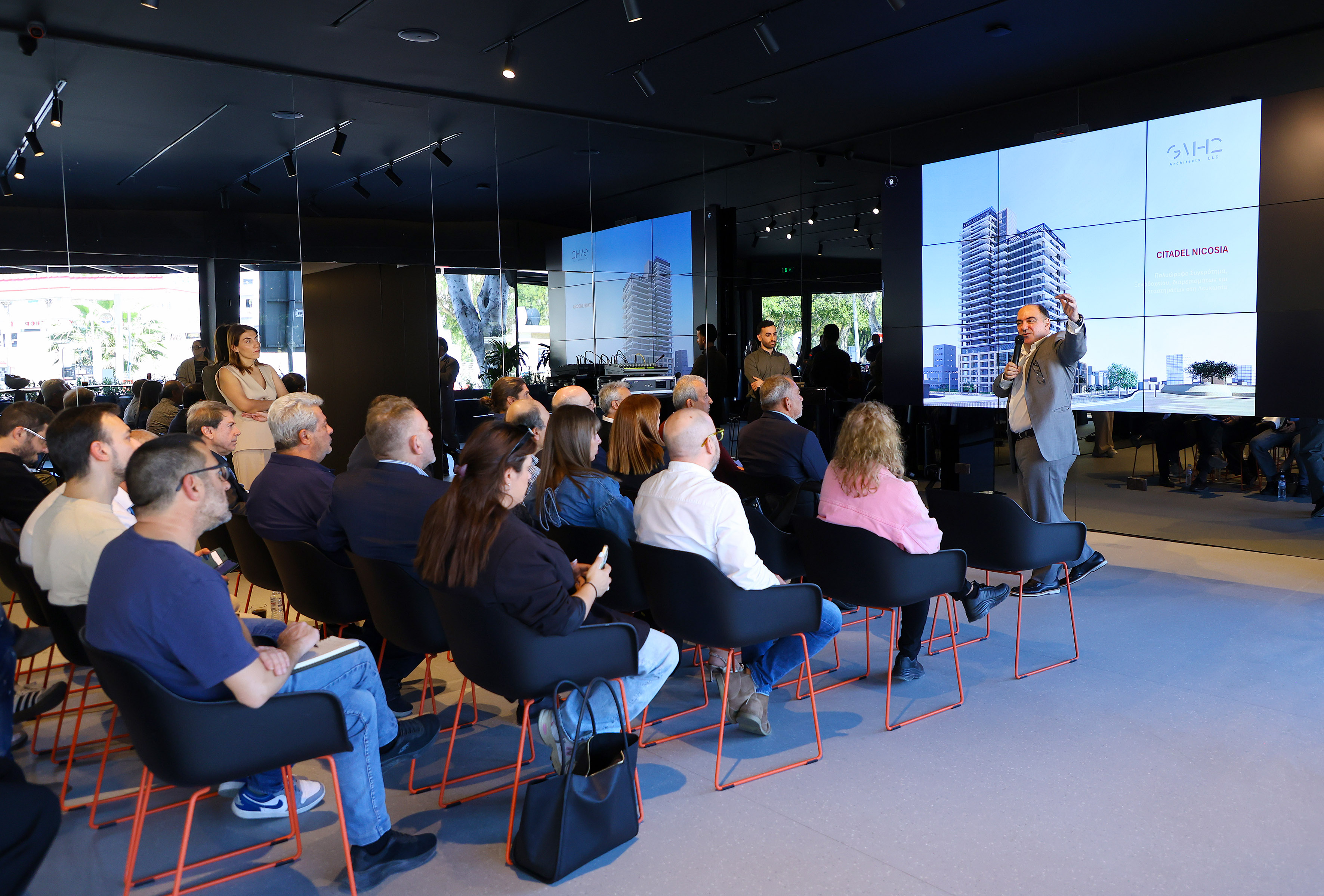The developers of the Citadel project have criticised the department of antiquities for rejecting their plans for a high-rise development near Nicosia’s Famagusta Gate. The company claims it has spent years adapting its design to meet government requirements, yet the department refuses to grant approval or hold discussions.
The controversy raises fundamental questions: Why was land near a historic Venetian landmark sold for commercial development? Does the rejection of the project reflect a commitment to preserving heritage, or is it an obstacle to progress?
Famagusta Gate is part of Nicosia’s Venetian walls, built between 1567 and 1570 by Italian engineer Giulio Savorgnano. It was designed to protect the city from advancing military technology and has remained a cultural and historical landmark.
Over the centuries, it has been repurposed for different uses, including as a cultural centre. Today, its preservation is a priority, with international recognition awarded to conservation efforts.
As Nicosia expands, the challenge lies in balancing development with the need to safeguard its historic character.
On Thursday, project owner Wahid Chammas held a press conference expressing frustration over the delays. He argued that the investment would transform a neglected part of the city while respecting its heritage.
“We followed every instruction, yet we face obstruction,” Chammas said.
“How can the authorities allow the area to fall into disrepair but reject our efforts to improve it?”
Nerofarm Ltd, the developers, purchased the land in 2017 after receiving preliminary guidance from the planning authority. Since then, they have revised their plans multiple times. The most recent design includes a 22-storey residential and commercial complex with a 58-room hotel. They insist the project meets planning requirements and would benefit the local community.
Architect George Machlouzarides, who has worked on the project since its inception, said that in 2017, the city council was supportive. In 2018, the planning authority confirmed its viability, leading to the land purchase.
In 2020, the developers hired international heritage consultants to ensure compliance with historical preservation standards. However, despite addressing all concerns raised by other authorities, including the fire service, electricity authority, and environmental department, the antiquities department refused to engage.
“The lack of communication is astounding,” Machlouzarides stated.
“We have consulted every relevant body except the one that holds the final approval.”
In 2023, the Nicosia city council voted unanimously in favour of the project, acknowledging its potential benefits.
The department of antiquities insists that the development would harm the visual and historical integrity of the Venetian walls. Director George Georgiou has reiterated the importance of preserving Famagusta Gate, stating that international heritage agreements require authorities to safeguard such sites and their surroundings.
The Cyprus archaeologists’ association (CAA) has also objected, warning that high-rise buildings near historical sites set a dangerous precedent. They argue that urban expansion must be carefully managed to avoid erasing the city’s identity.
Environmental engineer Panicos Nikolaides, who conducted an environmental impact assessment, questioned why similar buildings had been approved nearby but this project was blocked. Civil engineer Theodoros Hadjigeorgiou added that refusing to engage with internationally recognised experts was unreasonable.
Legal adviser Doros Lykourgos warned that legal action was imminent.
“We will take all necessary steps to secure the approval promised or seek compensation for damages caused by administrative delays,” he stated.
Chammas, for his part, expressed disbelief over the refusal to meet.
“I have lived in Cyprus since the 1970s and invested in its economy after the financial crisis. This project was tailored to the city’s needs. Yet, despite local support, we face unexplained rejection.”
The Famagusta Gate dispute reflects a broader issue: how Cyprus balances historical preservation with economic growth. While critics fear unchecked development will erase Nicosia’s past, developers argue that bureaucratic inertia prevents much-needed urban renewal.
As legal proceedings loom and the government remains silent, the fate of the Citadel project remains uncertain. What is clear is that the battle over Nicosia’s future is far from over.






Click here to change your cookie preferences